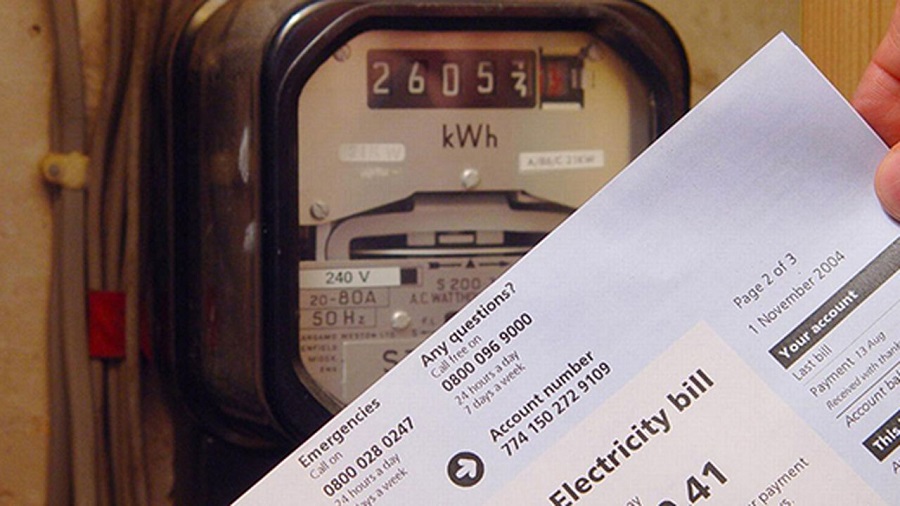The Department of Petroleum Resources has ordered 9,000 filling stations nationwide to begin the installation of facilities for gas products.
This was announced in a statement by The Director, DPR, Mr Sarki Auwalu. The DPR said the move will improve the utilization of liquefied petroleum gas, compressed natural gas, liquefied natural gas and autogas as alternative fuels for Nigerians.
READ: Nigeria, only oil producing nation that does not benefit from price increase – Sanusi
Nairametrics reported last month that the Federal Government stated that filling stations will begin to dispense autogas into automobiles through selected filling stations across the country before the end of September. The Committee on National Gas Expansion Programme (NGEP) had been assigned to ensure the effective implementation and take-off of this initiative. The NGEP was inaugurated in January this year by the Minister of State for Petroleum, Chief Timipre Sylva, in furtherance of the domestic gas expansion programme of the Federal Government.
Mr Auwalu added that the 9,000 outlets represent 27% of the number of retail fuel stations in the first category, and identified by the DPR as stations that can implement the integration of gas facilities based on robust safety assessment and technical considerations.
READ: AfDB to provide $400 million of $16 billion in largest private investment in Africa
The DPR ordered all category one operators of filling stations to begin immediate installation and also update the licenses with the DPR.
“All operators of retail outlets in categories two and three whose facilities do not meet the minimum requirements or do not have sufficient land area are encouraged to apply for stand-alone LPG, CNG, LNG or autogas facilities (full-scale or modular) under an incentivized regulatory regime.”
READ: Post COVID: FG releases new strategic policy for survival of oil sector
“The DPR has also approved the deployment of skid-mounted modularized/containerized LPG/autogas handling systems and other intrinsically safe systems for gas storage and handling to promote affordability, accessibility, and availability of the products,” Auwalu said.





















